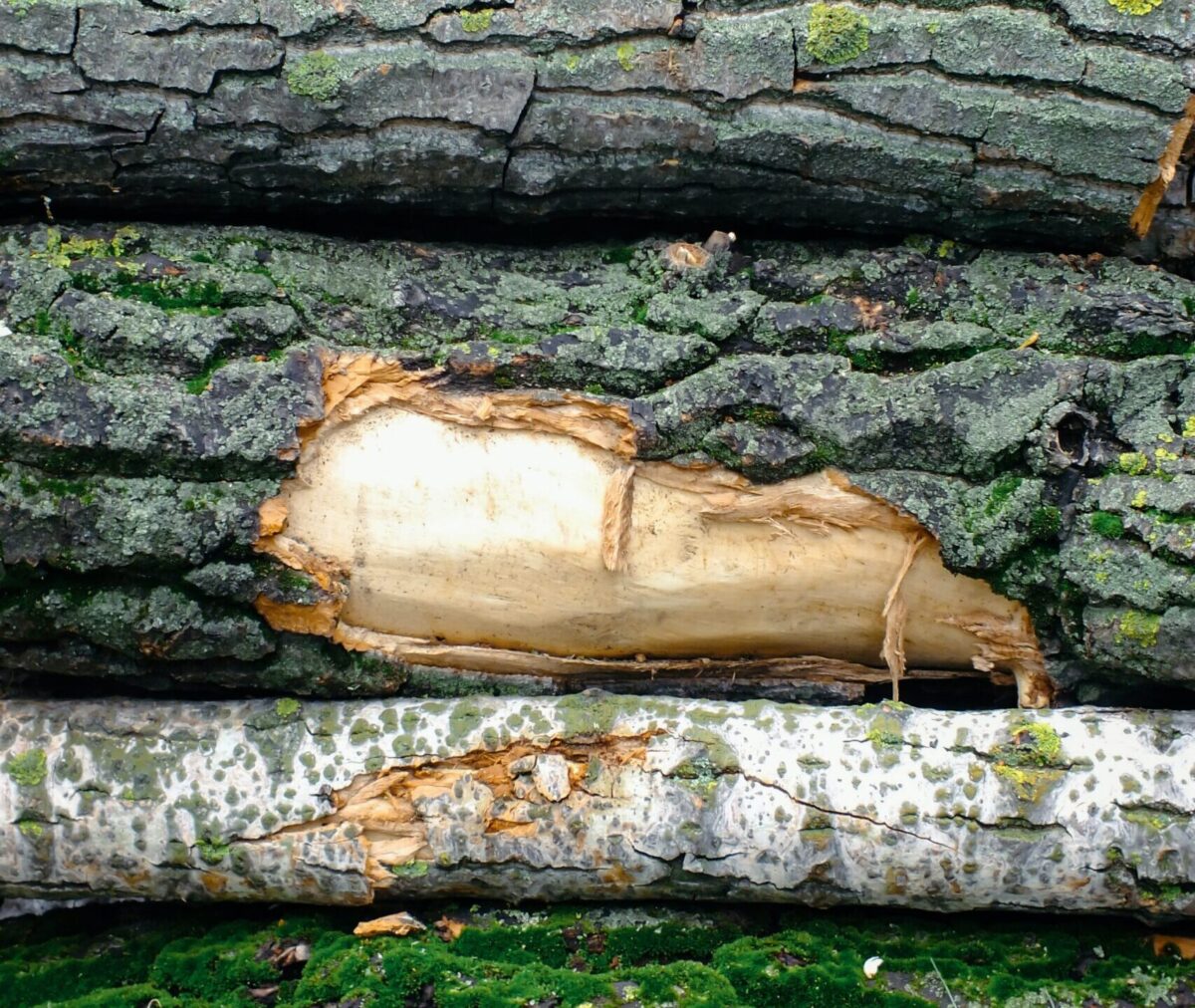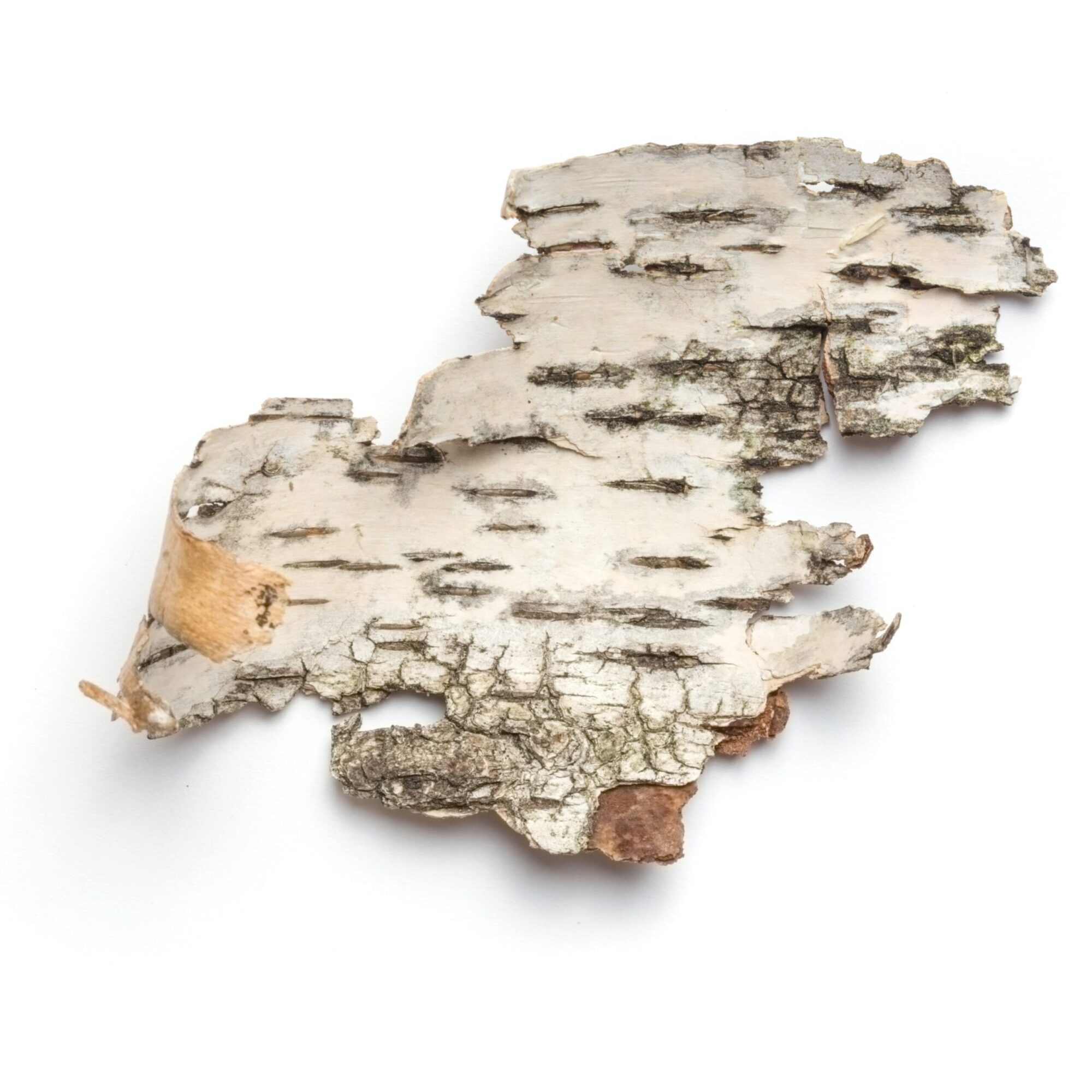Biorefining of bark in biochemical conversion and in forest-industrial processes

Bark is an underutilized residual stream from pulp and saw mills and its utilization in biochemical conversion is not well investigated.
This project will address the technical and economic potential of separate biorefining of fresh bark through innovative pre-processing technology and green extraction. The project covers the predominant bark varieties in Sweden, i.e., bark from spruce, pine and birch. Preliminary experiments indicate that high extraction yields can be obtained and with that also new products, such as bark-based fatty and resin acids and polyphenols.
In biochemical conversion, debarking is not necessarily a part of the process, and separate biorefining of bark through green extraction will be weighed against the common approach to include wood and bark mixtures in pre-treatment and saccharification steps.
Better use of bark has potential to provide more liquid biofuel without increased withdrawal of forest resources, new products, and improved biochemical conversion.

Leif Jönsson
Umeå University

leif.jonsson@umu.se
Project information
Participants
Umeå University
Swedish University of Agriculture (SLU)
SEKAB BioFuels & Chemicals AB
Time schedule
November 2022 - December 2025
Total cost of project
5 477 816 SEK
Swedish Energy Agency project number
2022-00569
More projects

Lignin-based batteries
The project aims to develop new natural, water-based organic redox solutions based on lignin, such as electrolytes in a flow coil. These…
Manager: Christian Hulteberg
Ongoing

Resource-efficient processing of residues in connection to short fiber pulp production
Birch bark is a residue from the forest industry containing a variety of different compound with their individual properties and characteristics. All…
Manager: Josefin Larsson
Ongoing

Efficient syngas fermentation of gasified woody biomass
The project contributes to the development of efficient biological methanation of gasified woody biomass in a unique “solid state” reactor, developed and…
Manager: Jörgen Held
Ongoing


